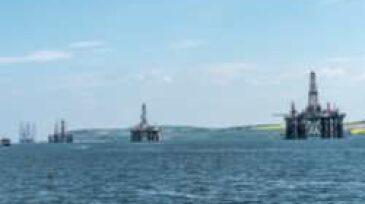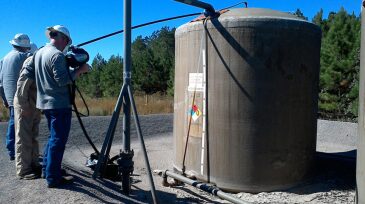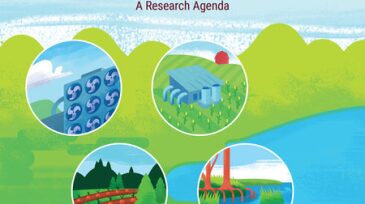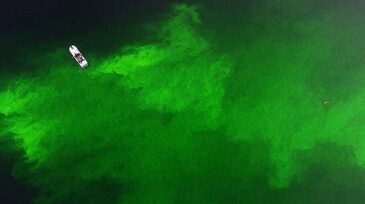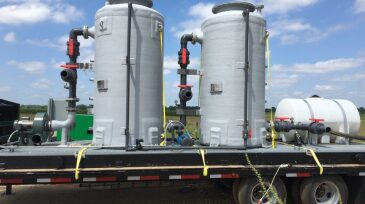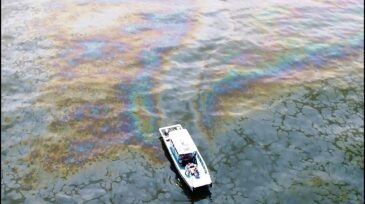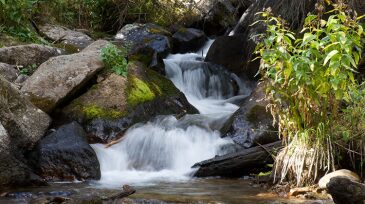Environment
The agency’s administrator said the program “does nothing to improve air quality.”
The project is expected to recover up to 300 MMscf/D of flared gas. Plans call for the recovered gas to be converted into treated dry gas, liquefied petroleum gas, and condensate for domestic use and export.
This research aims to harness the advanced capabilities of artificial intelligence, specifically deep learning and large language models, to develop a comprehensive system for detecting and explaining oil spills.
-
Scientists have found that man-made structures in the North Sea could play a crucial role in holding coral populations together and increasing their resilience.
-
Elevated concentrations of strontium, an element associated with oil and gas waste waters, have accumulated in the shells of freshwater mussels downstream from wastewater disposal sites, according to researchers from Penn State and Union College.
-
A new study offers answers to questions that have puzzled policymakers, researchers,and regulatory agencies for decades: How much methane is being emitted from natural gas operations across the US? And why have different estimation methods seemed to disagree?
-
Some of these technologies can be deployed now, but additional ones are needed to meet climate goals.
-
Engineers from the Monterey Bay Aquarium Research Institute have demonstrated a new use for the institute's long-range autonomous underwater vehicles—detecting and tracking oil spills.
-
Oregon Gov. Kate Brown issued an executive order blocking offshore drilling, joining several other states trying to shield themselves from the Trump administration’s plan to drill for oil and gas off the US coast.
-
Biological-based emissions control has promising advantages such as the potential for a low carbon footprint, low secondary pollutants such as NOx and SOx, lower energy demands, and lower cost.
-
An oil spill that has been quietly leaking millions of barrels into the Gulf of Mexico has gone unplugged for so long that it now verges on becoming one of the worst offshore disasters in US history.
-
Proposed changes would modify EPA's August 2016 final rule, "Oil and Natural Gas Sector: Emission Standards for New, Reconstructed, and Modified Sources." The proposal has been submitted for publication to the Federal Register. Following that publication, the EPA will accept comments for 60 days.
-
The 1972 Clean Water Act has driven significant improvements in US water quality, according to the first comprehensive study of water pollution over the past several decades by researchers at UC Berkeley and Iowa State University.




